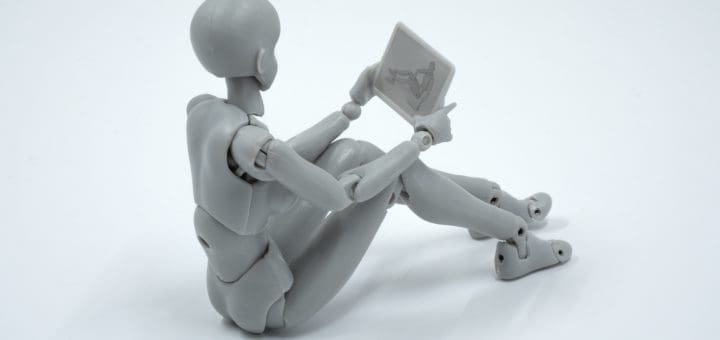Changing Seasons, Changing States
One week into winter break and I can finally sit with myself in silence and not be scared of the thoughts that float in my head. I am glad I waited to write this post because my mental state has changed so much in the past week.










Recent Comments